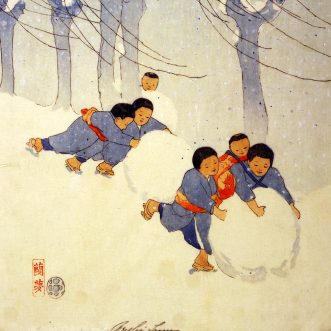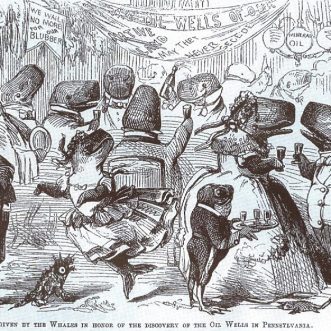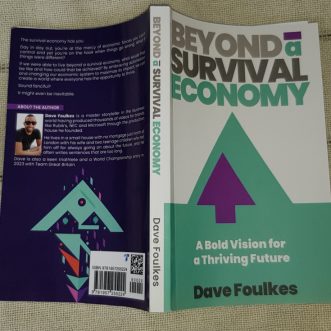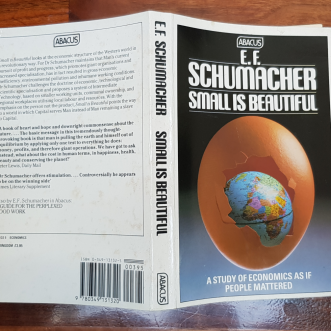
This week, I am mostly going to recommend…
Blogs and books to read, people to follow, ideas to think about, actions to take.
My first recommendation this week is a blog “Funding the Future” by Professor Richard Murphy.
One of todays posts is chilling, which is why I am recommending it.
Richard pulls no punches:
“The threat created by climate change is now bigger than that which was created by Covid.
It is bigger than the threat created by the global financial crisis in 2008.
It is also likely that the threat is now at least as big as that created by the Second World War because as many people as then are now at risk from democidal governments.”
I don’t always agree with him, but his posts always make me think about how things could be different.
The first step to changing things is to talk about how they are, how they could be, and how we could help them change in a direction that works for all of us.
The more of us that do that, the better, because we need to move fast.








